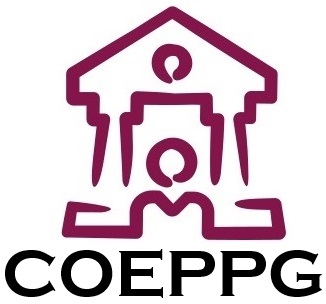
The programme is divided into six terms; three terms in the first year and three terms in the second year. Each term is of around eleven weeks’ duration. In first three terms the all the core courses are covered, which are designed to build a common foundation of management theory. During the summer internship followed, the participants get an opportunity to build a practical perspective of whatever they have learned in the class room and to warm up themselves for deeper insight through elective and self-study course in second year.




